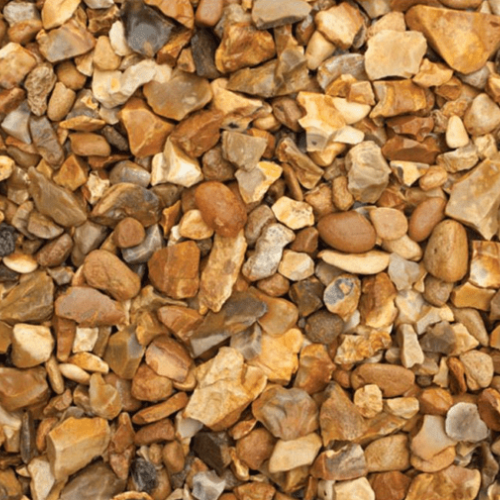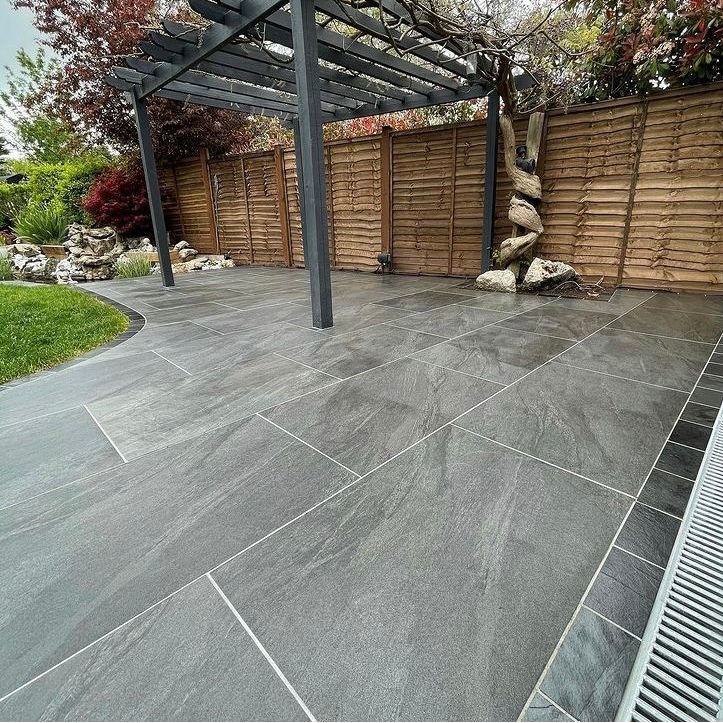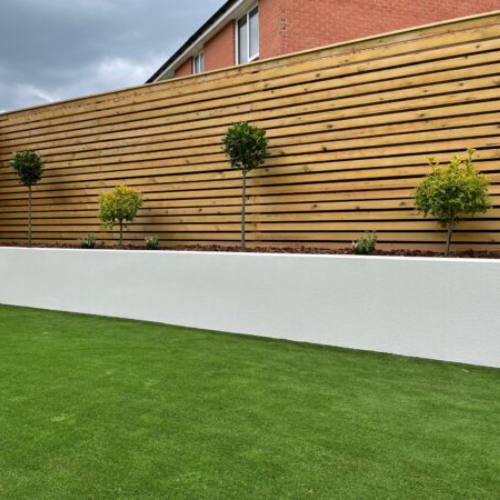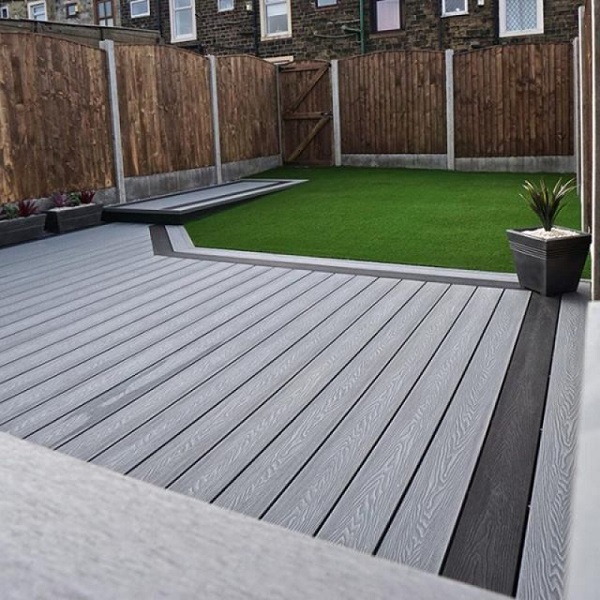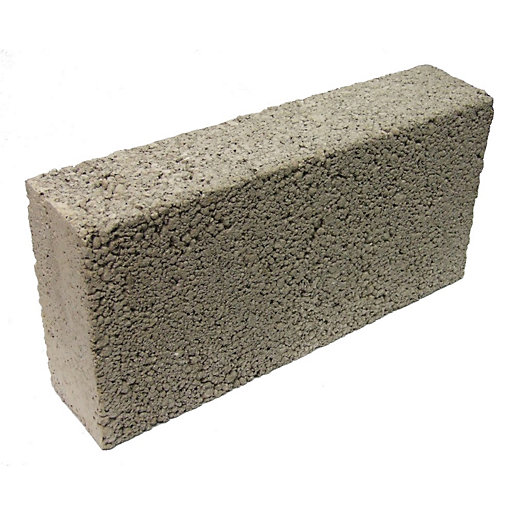Building Products
Our comprehensive range of building products provides everything you need to complete construction and renovation projects to the highest standard. We offer competitive prices across all Read More
Building Products
Our comprehensive range of building products provides everything you need to complete construction and renovation projects to the highest standard. We offer competitive prices across all categories, with the added convenience of free delivery on eligible orders and on-site collection options. Trade discounts are also available across a wide selection of products.
From essential materials such as Bricks & Accessories, Cement, Concrete Blocks, and Silica Sand to structural solutions like Lintels and protective finishes such as Wall Coping & Caps, our range is designed to meet the demands of both professional tradespeople and dedicated DIY enthusiasts. We also stock a variety of Building Chemicals for bonding, sealing, and treating surfaces to ensure long-lasting results.
To support every stage of your project, our selection includes reliable Drainage products and a wide assortment of Tools & Hardware to help you work efficiently and effectively.
With high-quality materials, competitive pricing, and expert support, our Building Products collection is designed to deliver the right solution for every building requirement.
Trade discounts available on a range of products.
Product Examples:
- Bricks & Accessories
- Building Chemicals
- Cement
- Concrete Blocks
- Drainage
- Lintels
- Silica Sand
- Wall Coping & Caps
- Tools & Hardware
Read LessDIY vs. Professional Tradesman
If you are a retail customer, its important to determine whether you'll attempt to complete the landscaping project yourself or hire a professional tradesman - we recommend the latter.
Doing it yourself (DIY) has many benefits including a more cost effective installation due to reduced labour costs, however this comes with numerous disadvantages.
You may begin the process of building / installing paving for example and notice some errors or mistakes, these errors would require additional time and money to fix increasing the projects duration and extending the completion date.
We recommend using a professional landscaping for all building / installation needs; they are experienced in this field of work and will notice errors before they develop into serious mistakes. They also know the trade laws and the guidelines to follow for specific landscaping projects. A professional landscaper would complete the job in a timely manner with limited breakages or errors, whilst working to deadlines, allowing you to focus on other aspects of design for example.
Ultimately, it depends on your skills, the project’s scope, and your budget.
Important Information
We offer deliveries to Stoke-on-Trent, Staffordshire, Congleton, Crewe, Sandbach, Newcastle-under-Lyme, Nantwich, Leek, Cheadle, Uttoxeter, Derby, Chester, Warrington, Cannock, Stockport, and surrounding areas.
For more details, call us on 01782 533722 or visit us at the yard.
Not local? You can still order paving online with free nationwide delivery* through our national website: Buy Garden Paving
FAQs (Frequently Asked Questions)
▼
1. Builders Sand vs Silica Sand?
Builders sand is soft and ideal for mortar and general construction, while silica sand is hard, high-purity, and used for concrete, glass, and industrial purposes.
2. How do I clean building bricks and blocks?
Use a stiff brush and water for general dirt, or a mild detergent for tougher stains; for moss or algae, a mix of water and white vinegar works well. Avoid high-pressure washing on older bricks to prevent damage.
3. What drainage channel should I use for my patio?
For a patio, the drainage channel you choose depends on water volume, aesthetics, and material:
Plastic or polymer channels
Lightweight, easy to install, suitable for small to medium patios.
Concrete channels
Strong, durable, handle heavy runoff, ideal for large patios or driveways.
Metal channels (stainless steel or galvanised)
Sleek look, corrosion-resistant, good for modern patios.
Tip: Choose a channel with a grate size and load rating suitable for foot traffic (and vehicles if needed) and ensure it’s connected to proper drainage to prevent pooling.
4. What are the different types of cement?
General Purpose Cement (Portland Cement)
-
Used for most construction purposes: concrete, mortar, and rendering.
-
Available in 25kg bags (paper or plastic).
Rapid Set / Postcrete
-
Sets quickly, ideal for fence posts, signposts, or urgent repairs.
-
Usually ready-mixed; just add water.
Sand & Cement Mortar Mix
Tile Adhesive / Specialist Cement-Based Adhesives
Cement Dyes / Colouring Additives
5. Common Bricks vs Engineering Bricks
Common bricks are cheaper and suitable for general walls, while engineering bricks are stronger, denser, and ideal for foundations or damp areas.

